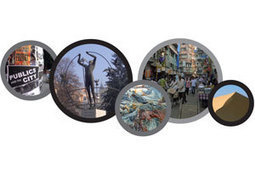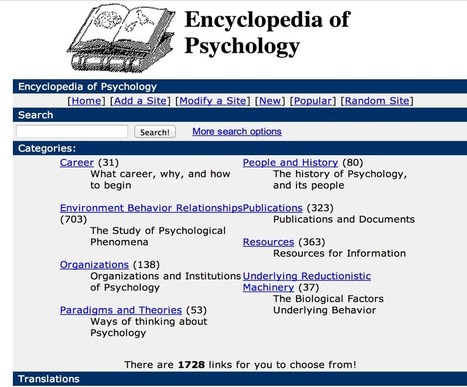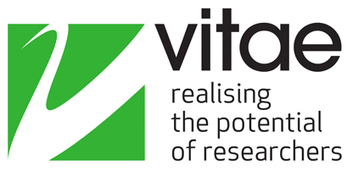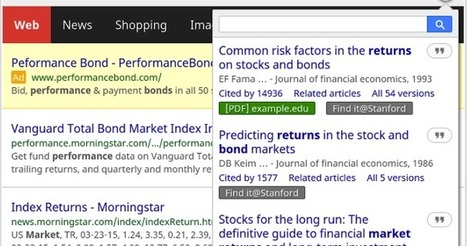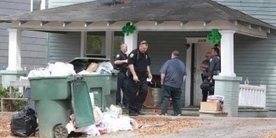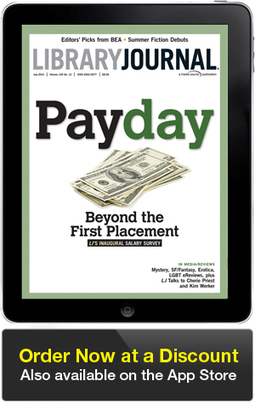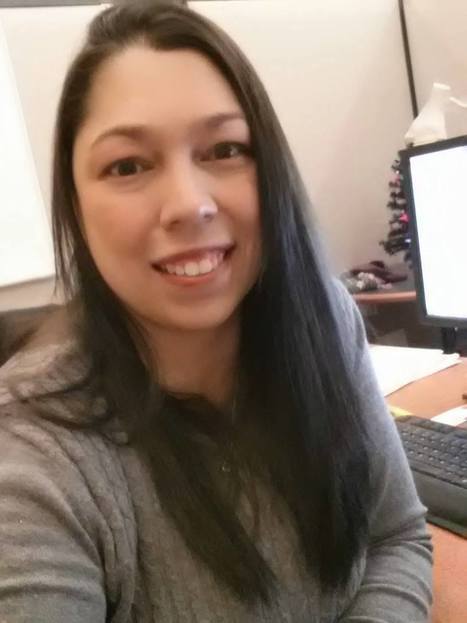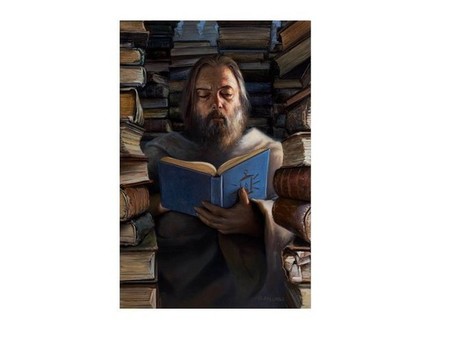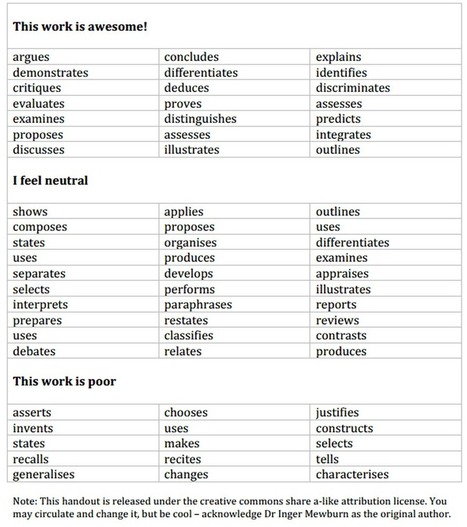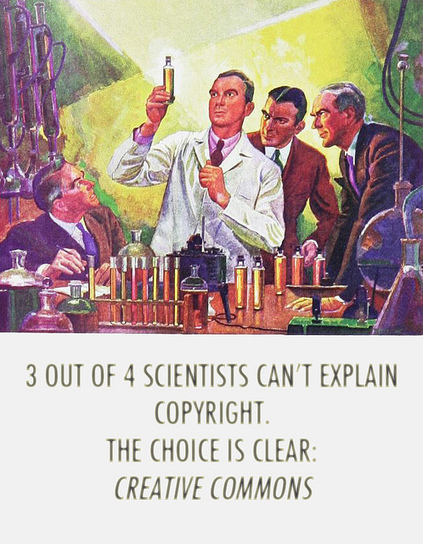This guide wants to inform researchers about the Creative Commons (CC) licence system. What licence to choose when publishing a paper or book or sharing an article through a repository? And what licence to apply when sharing your teaching materials? The guide wants to help choose the right licence by addressing several frequently asked questions and common concerns expressed by researchers about the use of CC licences. CC licences have been developed to provide a clear legal framework to underpin the open online sharing and reuse of creative works. For researchers this often means scholarly papers, books or chapters. When you publish ‘open access’ most publishers will ask you to choose a CC licence for your work. Increasingly, also funders have requirements as to which CC licence has to be applied, because they want to make sure that the research they fund is reused as widely as possible. This guide is a derivative of Ellen Collins, Caren Milloy and Graham Stone, Guide to Creative Commons for Humanities and Social Science Monograph Authors, ed. James Baker, Martin Paul Eve and Ernesto Priego (London: Jisc Collections, 2013). Available at: http://oapen-uk.jiscebooks.org/ccguide/. Licensed under a Creative Commons Attribution 3.0 Unported License. We have updated it such that we hope it will be useful for researchers in the Netherlands. Whenever useful we refer specifically to the Dutch context.
Get Started for FREE
Sign up with Facebook Sign up with X
I don't have a Facebook or a X account

 Your new post is loading... Your new post is loading...
 Your new post is loading... Your new post is loading...
Current selected tag: 'researchers'. Clear
Kevin Munger writes: "Overall, I found that it is possible to cause people to use less harassing language. This change seems to be most likely when both individuals share a social identity. Unsurprisingly, high status people are also more likely to cause a change." Via Mary Reilley Clark 
Mary Reilley Clark's curator insight,
November 19, 2016 1:49 PM
There's a lot to dig into here. I'm not sure most students are aware of bots or of buying followers, which is a good place to start. When I talk about digital citizenship, I always address cyberbullying. I emphasize that being an upstander by making a comment of support to the person being bullied, or by merely commenting that the bully is being unkind, can go a long way. Now, here is some statistical proof of that, with some caveats. It would be interesting to hear students' take on what "sharing a social identity" means to them. Thanks to Diane Main, @Dowbiggin on Twitter for sharing this.
The following steps will offer you a bit of insight into how you can become a better researcher using some simple web tools like mind maps and bookmarklets. Via Mary Perfitt-Nelson, Mark E. Deschaine, PhD
Elizabeth E Charles's insight:
organize and research!
Within the overall framework of the organization’s strategy on OA, the recent launch of OA curricula for Researchers and Library Schools by UNESCO highlights its efforts for enhancing capacities to deal with Open Access issues. The carefully designed and developed sets of OA curricula for researchers and library and information professionals are based on two needs assessment surveys, and several rounds of face-to-face and online consultations with relevant stakeholders.
Tailored content and resources to support researchers' professional development and career planning
Free guides for researchers written by leading academics - download the new edition publishing guide (PDF) and/or communicating guide (PDF). Guides on writing for journals, PhD thesis, a book, non-academic audiences, etc.
In today's post I am sharing with you some interesting search engines ideal for folks in engaged in social science research.Researchers working in the fields of psychology, anthropology, and related subjects will find great results using these search engines.
From
muse
Researchers increasingly need to integrate the disposition, management, and curation of their data into their current workflows. However, it is not yet clear to what extent faculty and students are sufficiently prepared to take on these responsibilities. This paper articulates the need for a data information literacy program (DIL) to prepare students to engage in such an "e-research" environment. Assessments of faculty interviews and student performance in a geoinformatics course provide complementary sources of information, which are then filtered through the perspective of ACRL's information literacy competency standards to produce a draft set of outcomes for a data information literacy program.
Collective Wizdom - An R&D Platform for Researchers, Academics and Students.
colwiz – collective wizdom – was first created by Tahir Mansoori in his dorm at the University of Oxford and through collaboration with leading scientists at the University. In 2011, colwiz won Oxford University Challenge Seed Fund and entered the Oxford University's Isis Software Incubator. colwiz was subsequently launched in Private Beta to universities in the UK and the USA; to get feedback from researchers and formulate improvements. Researchers are frustrated by the huge number of different applications used to manage research. Many find it difficult to collaborate and share resources with their colleagues due to different people using different programs. There was a glaring need for a single place where researchers can do all of their management activities, ideally incorporated with a social network, to make collaboration with others easier. colwiz' goal is to provide a research management environment which enables simple and effective collaboration between colleagues – thus making the life of a researcher easier.
Vitae and Digital Literacy in the development of researchers
Vitae stakeholders include researchers (staff and students) and researcher development professionals.
Researchers are increasingly using DL to enhance research using technologies in a social and professional context and will benefit professionally from operating more effectively in an increasingly digital research environment. Uncertainty and lack of confidence exists in using technology in a research context and interest in becoming more engaged is evident from the recent high demand for DL focused events and resources that Vitae have made available.
[Includes listing of resources and activities and events]
The process of writing-up one's fieldwork data can be daunting for even the most seasoned researcher. Bob Simpson and Robin Humphrey discuss the Writing Across Boundaries initiative, which is aimed...
A researcher’s name isn’t enough to reliably identify the author of, or contributor to, a paper published in a scientific journal or a dataset uploaded to a repository. Many researchers share the same name, while others have different names during their career, or different variations of the same one. For example, A. Smith, Anna Smith, and Anna L. Smith could all refer to the same person. But a unique identifier, as provided by ORCID, which researchers can associate with their name variations and their research works, is a way to ensure that these links can be made accurately and reliably. This will help A. Smith to get credit for her publications by uniquely identifying her as the author of her work across all systems integrated with the ORCID registry.
MANTRA is an online course designed for researchers or others planning to manage digital data as part of the research process. |
In today's post we are sharing with you four practical Chrome extensions that will enable you to search the web in more efficient and effective ways. More specifically, using these extensions you will be able to easily access and search for scholarly articles, find similar web pages to the page you are currently browsing, initiate a Google search using images, and many more.
Teaching actually nourishes graduate students' research skills, a study from the University of Virginia found.
Part of the Becoming a Networked Researcher Suite of workshops, run by the Library for the Researcher Development Team at the University of York. This guide a…

Fiona Harvey's curator insight,
February 17, 2015 8:40 AM
Useful guidance for students and supervisors
The first week of Networked Scholars is almost over. It s been a busy and interesting week with an Ask Me Almost Anything discussion thread with Michael Barbour, who answered all questions thrown at him by course participants, and a Google Hangouts on Air session with Laura Czerniewicz (below).
A couple of months ago I got an email from my colleague Chris Erdmann (Data Scientist Training for Librarians) at the Harvard-Smithsonian Center for Astrophysics. He wanted to talk about ways librarians could help keep the scholarly community informed about new and developing technologies that could affect its work. He’s been following Thomas Crouzier’s blog, Connected Researchers, and talking with other interested, interesting folks such as Amy Brand at Digital Science. Chris and Amy thought that a discussion among a group of librarians and other stakeholders in the scholarly process could be a promising beginning for brainstorming ideas and strategies.
LibGuides. Data Management for Undergraduate Researchers. Introduction.
The academic language employed in scholarly journals and scientific manuals is radically different from the casual variety you come across everyday in blog posts and newspaper articles. This difference is manifested in different stylistic and lexical aspects. This is probably why many sophomores taking their beginning research methodology course find it hard to compose in such a variety and most often it takes them a lot of practice and reading to acquire the new style.
Real expertise takes years of hard work, but identifying the key works and ideas that define a subfield can be done quickly if you know how to leverage online databases and networks. From targeted ...
Disclaimer: as this training session was offered to University of Cambridge librarians, it may be very Cambridge-centric. However, I think there is a lot you can get from what was discussed anyway!...
Students learn from assessments that inform and improve their performance -- what Grant Wiggins calls "educative assessments." Yet often a bibliography is designed to be an "audit," an assessment at the end of teaching and learning. |









